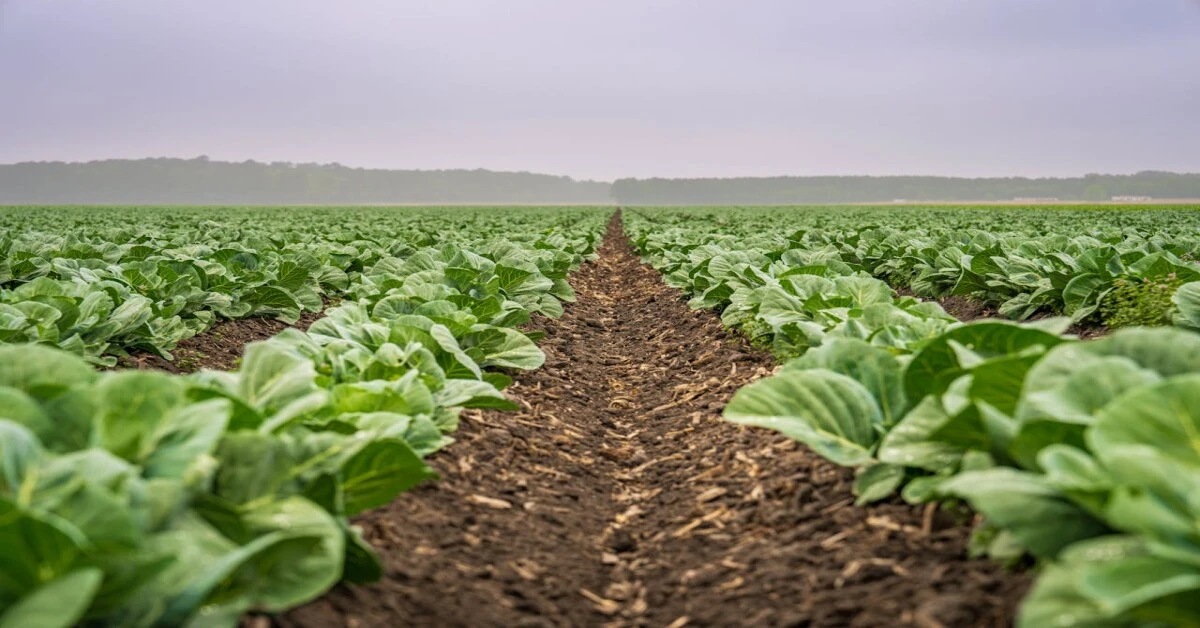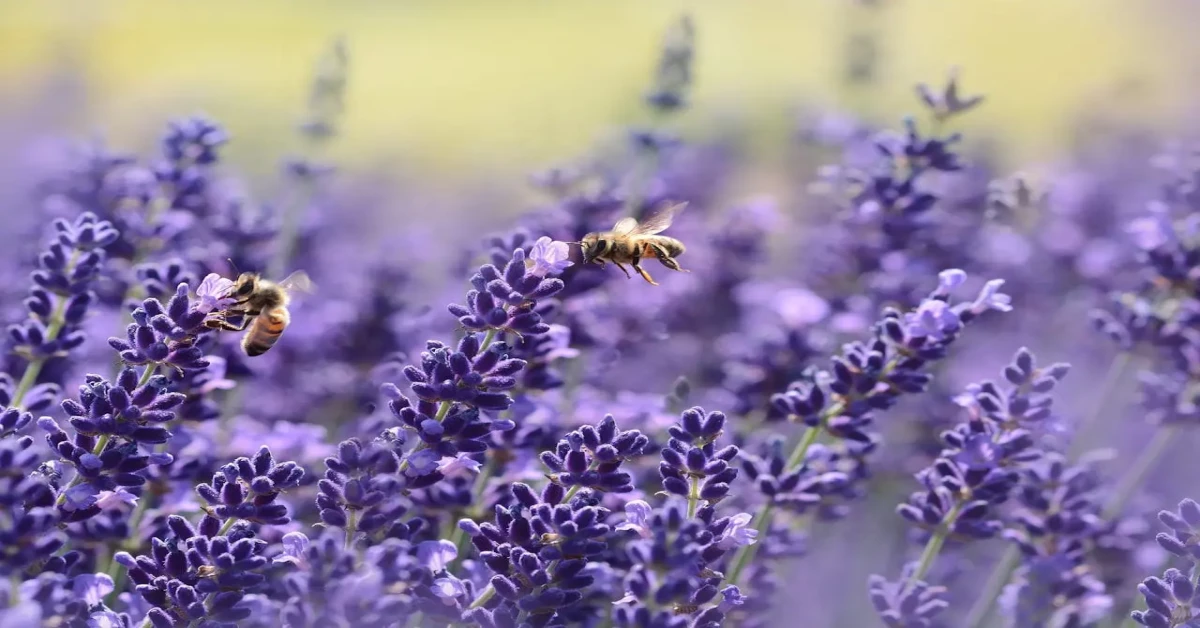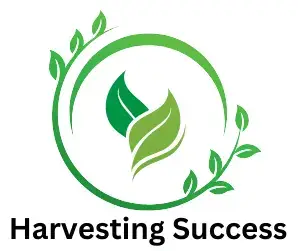Sustainable agriculture focuses on the concept of sustainable agricultural practices, its different types, and key farming methods to ensure long-term food production without harming the environment. As populations grow, traditional farming methods often lead to soil degradation, water scarcity, and biodiversity loss.
However, sustainable practices help maintain soil fertility, conserve resources, and reduce pollution, making farming more resilient for future generations.
This approach balances environmental health, economic stability, and social well-being. Farmers who adopt sustainable techniques can cut costs, improve soil quality, and boost crop yields.
For example, crop rotation, organic fertilizers, and conservation tillage enhance soil structure while minimizing chemical dependency. These methods support both small-scale farmers and large agricultural industries.
By embracing sustainable practices, farming can become more efficient while safeguarding natural ecosystems. A shift toward responsible agriculture benefits both food security and the planet.
What is Sustainable Agriculture?
Sustainable agriculture is a farming approach that meets present food needs without harming future resources. It focuses on soil health, water conservation, and biodiversity, ensuring long-term productivity. Unlike conventional farming, which often depletes nutrients, sustainable methods protect and restore the environment.
The core purpose of sustainable agriculture is to balance food production, ecological stability, and economic viability. By using techniques like crop rotation, organic composting, and natural pest control, farmers can reduce chemical use while maintaining high yields.
These methods support both small-scale farmers and large agricultural industries.
For example, integrated pest management (IPM) minimizes pesticide use by introducing natural predators to control pests. This reduces environmental harm while keeping crops healthy. By adopting such practices, agriculture can remain productive and sustainable for generations.
Concept of Sustainable Agriculture
The concept of sustainable agriculture is built on key principles that ensure long-term food security. Resource conservation helps preserve soil fertility and water availability. Biodiversity strengthens ecosystems, making crops more resilient to pests and diseases.
Economic viability is another essential factor. Farmers need methods that improve yields while keeping costs low. Social responsibility ensures fair wages, safe working conditions, and equal access to farming resources. These aspects create a balanced food system.
Historically, traditional farming relied on natural cycles and minimal waste. However, modern intensive farming disrupted this balance. Today, sustainable agricultural types and methods help restore these principles, combining traditional knowledge with scientific advancements.
Also Read: Why Organic Farming is Essential Today?
Main Goals of Sustainable Agriculture
Sustainable agriculture aims to protect the environment while ensuring stable food production. The following goals highlight its importance:
- Protects Environment – Environment is protected under sustainable farming it reduces soil erosion, prevents water pollution, and conserves biodiversity. Methods like crop rotation, agroforestry, and organic composting protect natural resources while maintaining healthy soil for future generations.
- Food Security – Sustainable farming system enhance food security by promoting local and regional food systems, sustainable agriculture reduces dependence on global markets. This makes food more accessible, especially during supply chain disruptions. It also ensures fresher, healthier produce for consumers.
- Reducing Soil Degradation – Preventing erosion, maintaining nutrients, and improving soil structure through crop rotation and organic matter.
- Conserving Water – Using drip irrigation, rainwater harvesting, and efficient water management to reduce waste and support crop growth.
- Enhancing Biodiversity – Encouraging diverse plant and animal species to improve resilience against pests and diseases.
- Improving Farmer Livelihoods – Promoting fair wages, stable incomes, and better market access for farmers worldwide.
- Enhance Public Health – Sustainable agriculture reduces harmful chemicals in food. The farming system avoid toxic pesticides and synthetic fertilizers, leading to safer, chemical-free crops. This lowers health risks like pesticide poisoning and foodborne illnesses.
By following these principles, sustainable agriculture ensures food security while preserving natural ecosystems. This approach benefits both people and the planet.

Importance of Sustainable Agriculture
The importance of sustainable agriculture lies in its ability to address global challenges like climate change, soil degradation, and food security. Traditional farming often depletes resources, leading to lower yields over time. Sustainable practices ensure long-term productivity while protecting the environment.
Climate change has intensified droughts and floods, affecting food production worldwide. Sustainable farming methods, such as drought-resistant crops and water conservation techniques, help farmers adapt. Studies show that sustainable farms retain 20% more soil moisture, fertility and microbial activity than conventional ones, making them more resilient.
Soil depletion is another major concern. Overuse of chemical fertilizers reduces fertility, making land unproductive. Sustainable techniques like crop rotation and composting restore soil health, ensuring future generations can farm successfully.
Food security depends on reliable food production. Sustainable agriculture improves yields while minimizing environmental harm. For example, agroforestry increases productivity by 50% in some regions, proving that eco-friendly farming can also be profitable.
Types of Sustainable Agriculture
Different sustainable agriculture types help maintain soil health, conserve water, and increase biodiversity. Below are some of the most effective approaches:
- Organic Farming – This method avoids synthetic chemicals, relying on natural fertilizers like compost and manure. It enhances soil health, reduces pollution, and produces healthier crops with higher nutritional value.
- Agroforestry – Agroforestry integrating trees and crops improves biodiversity and soil stability. Trees provide shade, prevent erosion, and enhance water retention. This technique also boosts farm income by adding timber or fruit production.
- Permaculture – A self-sustaining agricultural system that mimics natural ecosystems. It combines different crops, livestock, and soil conservation techniques to create a balanced, long-lasting farm environment.
- Regenerative Agriculture – Focuses on restoring soil health through techniques like no-till farming, cover cropping, and rotational grazing. This improves soil fertility and captures carbon from the atmosphere.
- Biodynamic Farming – Uses natural cycles, composting, and lunar planting methods to enhance soil vitality. It treats the farm as a self-sustaining organism, reducing external inputs while maintaining productivity.
By adopting these sustainable agriculture types, methods, farmers can ensure long-term success while protecting the planet.
Sustainable Farming Methods
Various sustainable farming methods help improve productivity while reducing environmental impact. These approaches ensure efficient resource use and long-term soil fertility.
- Crop Rotation – Growing different crops in a planned sequence prevents soil nutrient depletion. It disrupts pest cycles, reducing the need for chemical pesticides and fertilizers.
- Cover Cropping – Planting cover crops like clover and legumes improves soil structure and reduces erosion. These crops add organic matter, boosting fertility and moisture retention.
- Integrated Pest Management (IPM) – Combines biological, cultural, and chemical controls to manage pests effectively. Natural predators, crop diversification, and selective pesticide use help reduce chemical dependency.
- Conservation Tillage – Reduces soil disturbance by minimizing plowing. This method enhances soil moisture, increases organic matter, and prevents erosion while maintaining crop yields.
- Water Management Techniques – Efficient irrigation methods like drip irrigation and rainwater harvesting conserve water. These techniques ensure crops get adequate moisture without excessive waste.
Using these sustainable farming methods not only increases yields but also protects natural resources, making agriculture more resilient and eco-friendly.
Benefits of Sustainable Agriculture
The benefits of sustainable agriculture go beyond farming. It protects the environment, boosts the economy, and strengthens communities. By adopting sustainable practices, farmers can grow food while preserving resources for future generations.
Environmental benefits include a reduced carbon footprint and improved biodiversity. Sustainable farming limits chemical use, preventing soil and water pollution. Techniques like agroforestry and cover cropping increase biodiversity, helping wildlife and beneficial insects thrive.
Economic benefits come from cost savings and resilience to market changes. Organic farms often have lower input costs since they use natural fertilizers and pest control. Additionally, sustainable farms face less risk from climate-related losses, ensuring more stable incomes over time.
Social benefits include healthier food and stronger rural communities. Sustainable farming avoids synthetic chemicals, producing nutrient-rich, chemical-free food. It also promotes fair wages and ethical farming, leading to better living conditions for farm workers.

Challenges in Implementing Sustainable Agriculture
Despite its advantages, farmers face several challenges of sustainable agriculture when shifting to eco-friendly practices. These obstacles slow adoption and require strong support systems.
High initial costs can be a major barrier. Setting up organic farms or investing in water-efficient irrigation requires money, which small farmers often lack.
Limited access to sustainable technology makes implementation difficult. In many regions, modern tools like drip irrigation or composting systems are unavailable or expensive.
Resistance to change and lack of knowledge also hinder progress. Many farmers are used to conventional methods and fear lower yields. Without proper training, switching to sustainable farming seems risky.
Climate variability affects outcomes, making it hard for farmers to predict harvests. Unreliable rainfall and extreme weather can affect soil health and crop production. Overcoming these challenges requires financial aid, education, and government support.
Global Perspectives on Sustainable Agriculture
Different countries approach sustainable farming in unique ways. Governments and global organizations support policies that promote eco-friendly agriculture.
In Europe, the Common Agricultural Policy (CAP) encourages organic farming and soil conservation. In India, zero-budget natural farming (ZBNF) helps small farmers reduce costs while improving soil health.
International organizations also play a key role. The FAO (Food and Agriculture Organization) promotes sustainable practices worldwide. The UN and WWF advocate for policies that reduce deforestation and protect farmland.
By learning from global initiatives, more countries can create better sustainability programs for long-term agricultural success.
Conclusion
Sustainable agriculture is essential for protecting our planet and ensuring food security. It uses eco-friendly practices to maintain soil health, conserve water, and support biodiversity.
Different sustainable agriculture methods and types like organic farming, agroforestry, and crop rotation offer long-term benefits. However, challenges such as high costs and climate variability need to be addressed.
Governments, organizations, and individuals must work together to support sustainable farming. Choosing locally grown, organic food or learning eco-friendly gardening methods can make a difference. The future of farming depends on sustainable choices made today.












